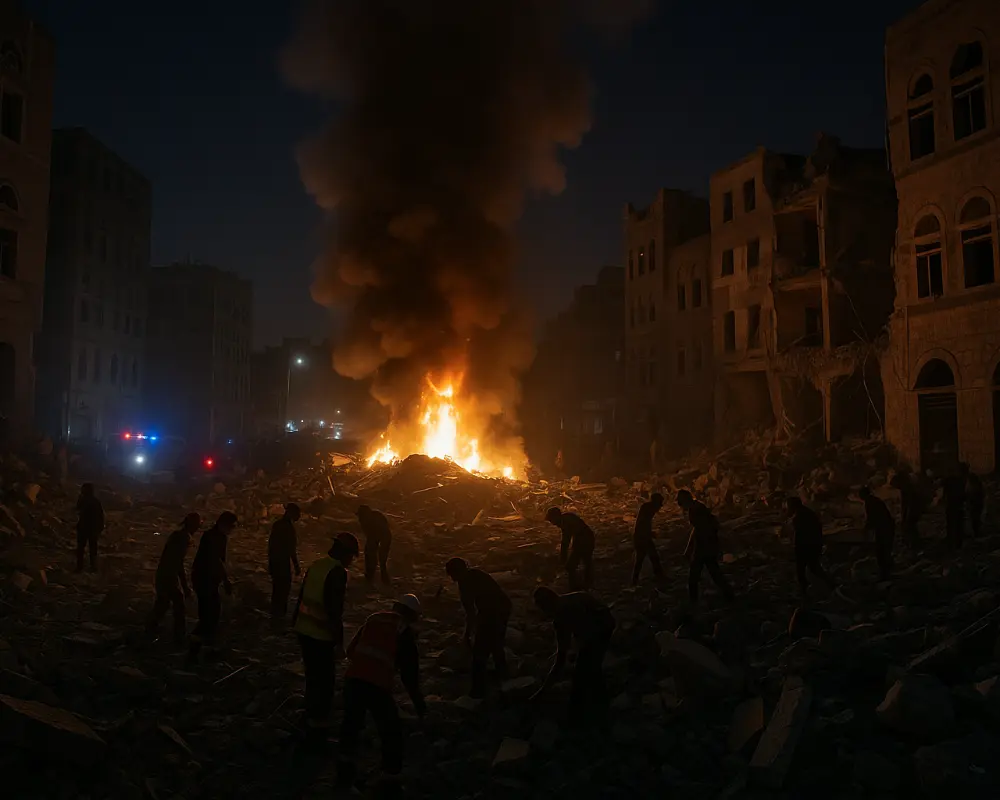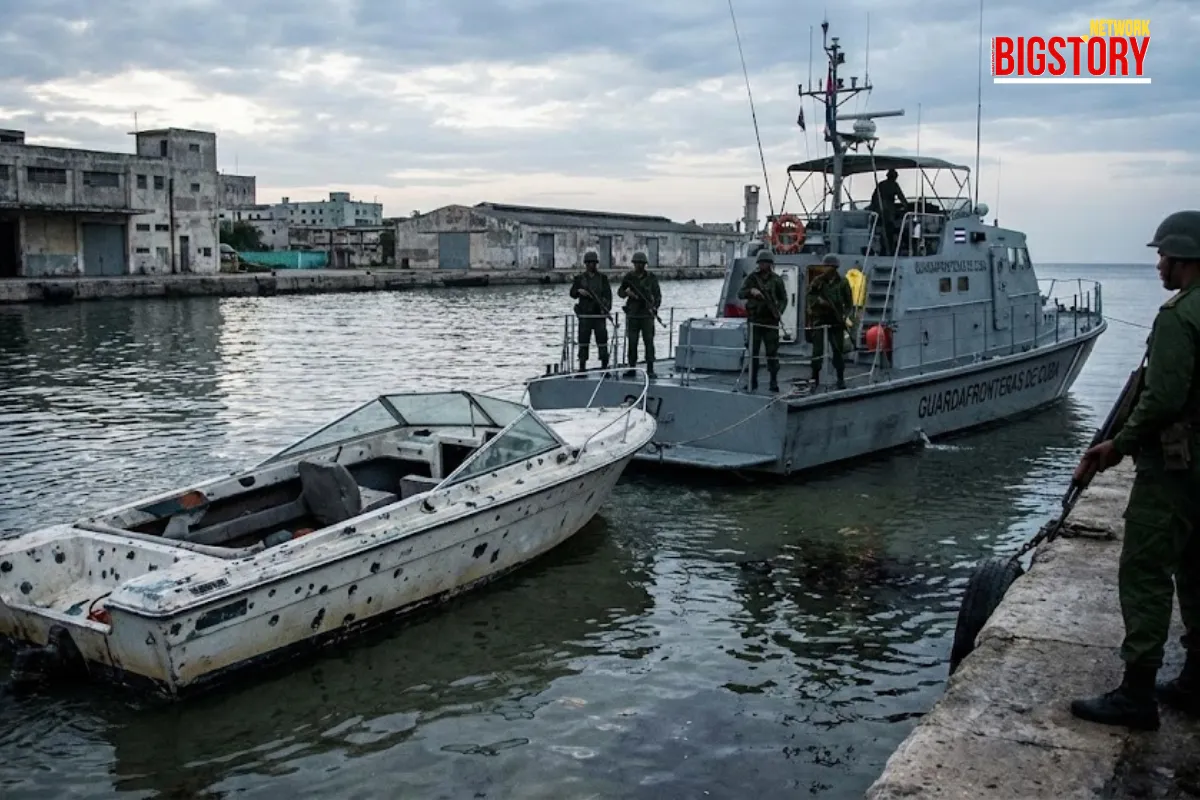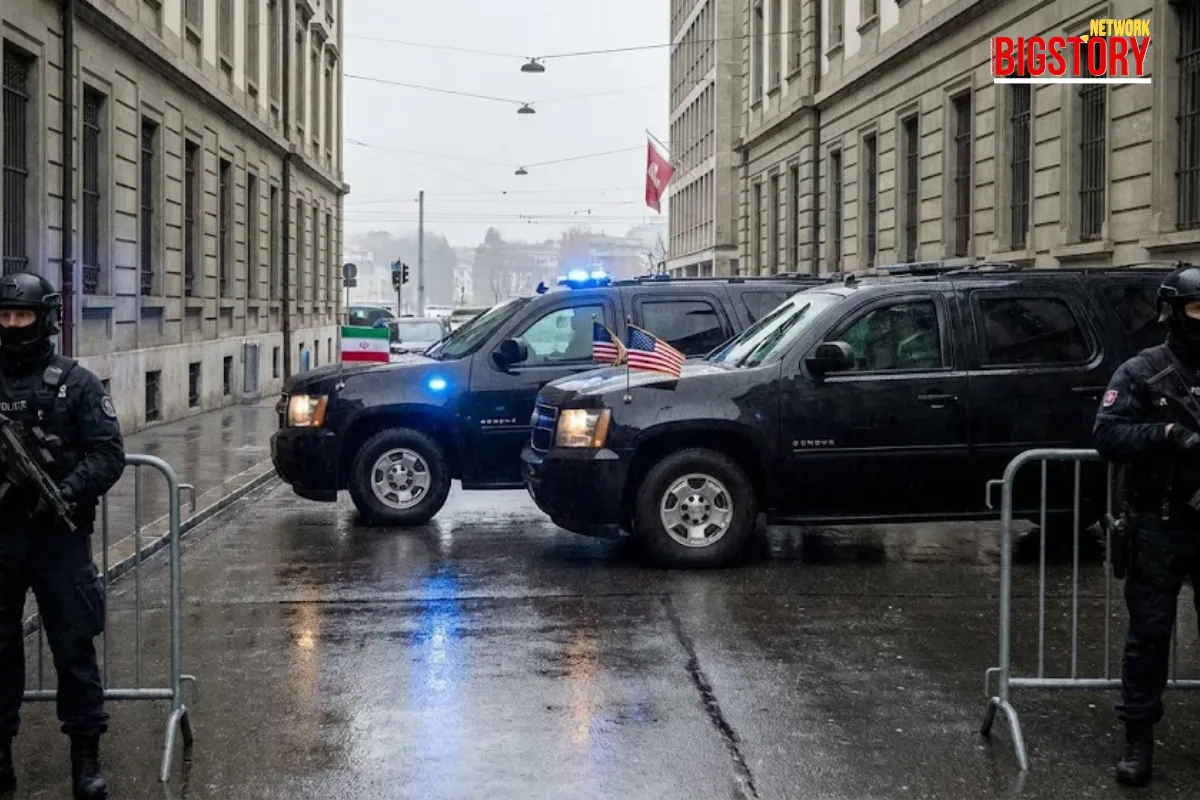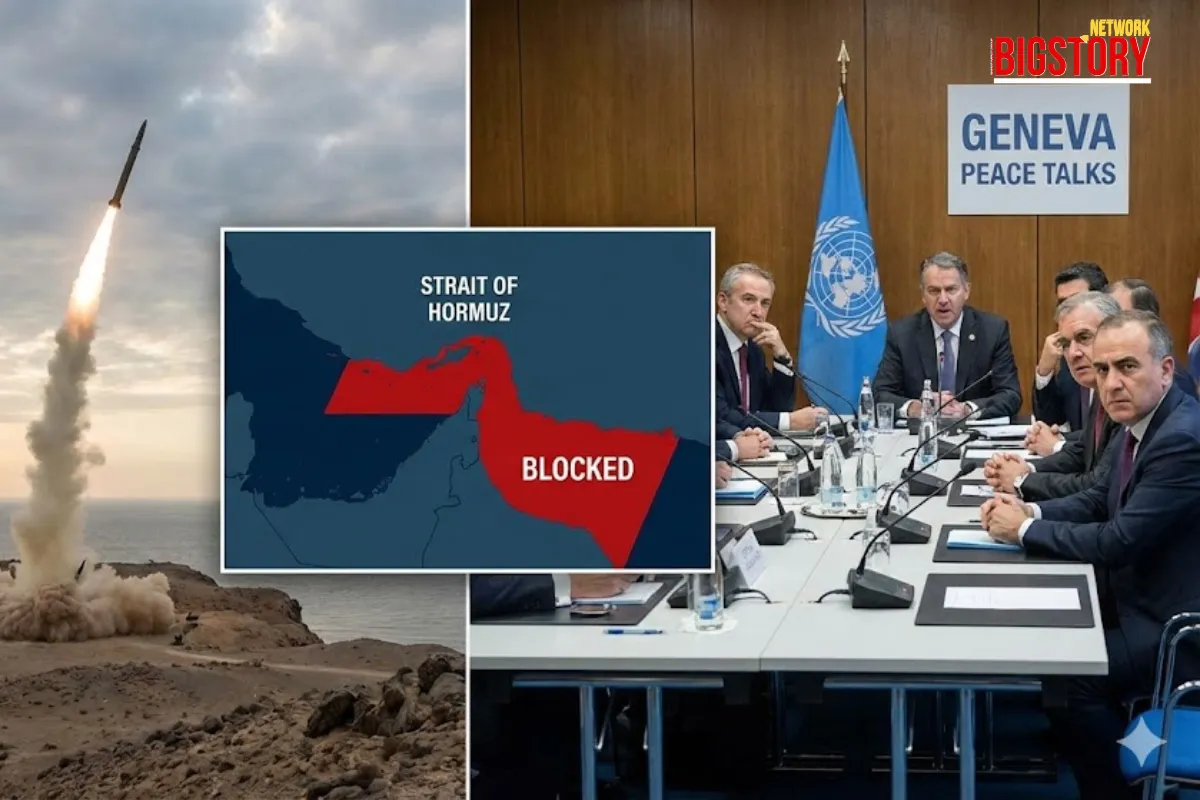Israel killed 35 in Yemen airstrikes on Sept 10, 2025, targeting Houthis after a drone attack on southern Israel. Netanyahu warns Qatar and vows more strikes.
 Sseema Giill
Sseema Giill

September 10, 2025 – Israel carried out airstrikes on Yemen’s capital Sanaa and the northern al-Jawf province, killing 35 people and injuring 131 others, according to Houthi health officials.
The mission involved more than 10 Israeli fighter jets, flying over 2,350 kilometers – the longest Israeli Air Force operation in the current conflict – and dropping around 30 precision munitions on 15 separate targets. These included Houthi military camps, propaganda centers, and fuel depots.
The strikes were launched in retaliation for a Houthi drone attack earlier this week on Ramon Airport in southern Israel. The Iran-backed Houthis have been firing drones and missiles at Israel since November 2023, framing their actions as solidarity with Palestinians in Gaza following Hamas’s October 7 attack.
This latest assault marks Israel’s 17th strike on Houthi-controlled Yemen. Just last month, an Israeli raid killed the Houthi prime minister along with senior members of the movement.
Military officials confirmed that the long-range mission stretched Israeli airpower to new limits. More than 10 jets flew deep into Yemeni territory, striking command hubs and infrastructure in Sanaa and al-Jawf.
Analysts note that the 2,350 km distance covered makes it the most extended Israeli mission in decades, underscoring Israel’s intent to project force far beyond its immediate borders.
Qatar’s Prime Minister Sheikh Mohammed bin Abdulrahman Al Thani condemned Israel’s actions as “state terrorism,” warning that Netanyahu’s policies had “killed any hope” for hostage negotiations.
In Europe, Ursula von der Leyen, President of the European Commission, announced she will push for sanctions and a partial suspension of trade with Israel in response to its Gaza and regional operations.
In Washington, U.S. President Donald Trump expressed frustration, saying he was “very unhappy about every aspect” of Israel’s ongoing strikes.
The raids come amid a sharp escalation that has seen Israel strike six countries in just 72 hours – Palestine, Lebanon, Syria, Tunisia, Qatar, and Yemen.
The Red Sea, a key maritime corridor, remains volatile as Houthi attacks on shipping force global firms to reroute vessels.
Meanwhile, Qatar’s role as a mediator in Gaza ceasefire talks – and as host to the largest U.S. military base in the region – faces unprecedented strain.
Israel’s multi-front strikes reveal a new stage of the conflict: one where the country’s military reach now stretches thousands of kilometers into enemy territory.
But such actions also risk backfiring. Analysts warn that U.S.-brokered ceasefire negotiations could collapse, while Israel’s global isolation deepens.
Houthis insist they will keep targeting Israel until a Gaza ceasefire is reached, while Netanyahu’s rhetoric suggests further escalation is likely.
Q1: Why did Israel strike Yemen now?
In retaliation for a Houthi drone attack that hit Ramon Airport in southern Israel.
Q2: How many were killed?
At least 35 people were killed and 131 injured, according to Houthi officials.
Q3: What targets were hit?
Houthi military camps, propaganda headquarters, and fuel depots in Sanaa and al-Jawf.
Q4: What did Netanyahu say?
He warned that Israel would strike anyone who attacks it, comparing the response to America’s actions after 9/11.
Q5: How has the world reacted?
Qatar accused Israel of “state terrorism,” the EU is considering sanctions, and the U.S. expressed unhappiness.
Q6: What is the risk to trade?
The Red Sea remains a high-risk zone as Houthis continue disrupting global shipping.
Israel’s strikes in Yemen highlight a conflict that is widening far beyond Gaza. The Houthis remain defiant, promising more attacks until a ceasefire is reached, while Netanyahu signals no intention of restraint.
With diplomatic mediation faltering and economic routes under threat, the region is on the brink of a deeper escalation — one where the next move could decide whether the Middle East stabilizes or plunges into broader conflict.






Sign up for the Daily newsletter to get your biggest stories, handpicked for you each day.
 Trending Now! in last 24hrs
Trending Now! in last 24hrs



